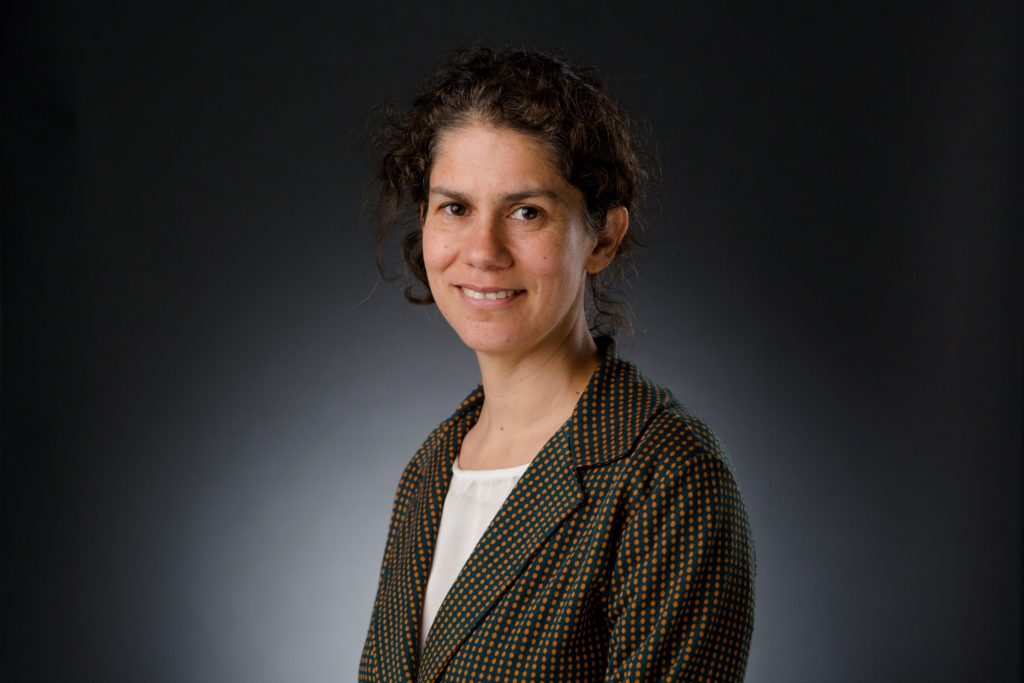Chile’s climate scientist minister eyes tougher rules for top copper mining nation

Chile’s Environment Minister Maisa Rojas, a leading climate scientist with a PhD from Oxford who made the leap into politics this year, is on a mission to strengthen the Andean country’s environmental rules and hold mining firms to account.
Rojas, 49, is spearheading a new climate change law that binds Chile to carbon neutrality by 2050 and gives her ministry more power to set emission caps, including for the key mining sector in the world’s top copper producer.
“In the case of mining, there are concrete commitments that will have to be put in place,” she told Reuters, citing initiatives that will be closely watched by minersof copper and in-demand battery metal lithium.
The law will put “borders” around the country’s industries in terms of emissions and pollution, Rojas said in her white-walled office in Santiago decorated with family photos and a glass whiteboard with planning notes and doodles.
“They are going to have to adapt to that border.”
Rojas, who has a PhD in Atmospheric Physics from the University of Oxford and has focused her research on climate modeling and dynamics, said many environmental rules so far had been largely voluntary and need tougher enforcement.
A strengthened ministry would hold companies to account on emissions, mining tailings, water use and environmental adaptation plans, with a mandatory yearly reporting requirement to congress, she said.
Rojas, who took office in March under new progressive President Gabriel Boric, faces a tough challenge to balance goals to toughen environmental regulation and meet climate targets with the country’s heavy reliance on copper mining.
At an event on Thursday, Undersecretary of Mining Willy Kracht emphasized that Chile was “a mining country and we are proud to be one and we know what it implies.”
‘Less water’
Rojas, who has researched the impact of climate change on water resources, said the government will rely on Chile’s recently reformed water code to help the country deal with its biggest environmental challenge: a 13-year drought.
That prolonged dry spell has hurt mining production, forcing a shift towards desalination, damaged farmers and is even changing the face of capital city Santiago.
“The most serious impact of climate change, that has deep ramifications, is obviously the drought that a good part of (Chile) has been living through for over 10 years,” Rojas said.
“There’s less water, so we’re going to have to agree on how we divide it.”
Rojas said a water code reform that went into effect last month will help simplify water management by reducing the number of institutions from 40-50 currently and letting the ministry directly coordinate with new basin councils.
The current system prioritizes private water rights, but Rojas said the new councils would allow “those who have rights to water and those that don’t have rights to water” to make decisions together.
Rojas admitted her tenure was likely to be just the start of a transition process, saying she hoped to set up an enduring environmental framework.
“I want to achieve something with a level of consensus and legitimacy that no one can walk it back and put away in a box, like happens so many times,” Rojas said.
“That’s my measure of success.”
(By Natalia Ramos and Alexander Villegas; Editing by Adam Jourdan and Richard Chang)
{{ commodity.name }}
{{ post.title }}
{{ post.date }}




Comments